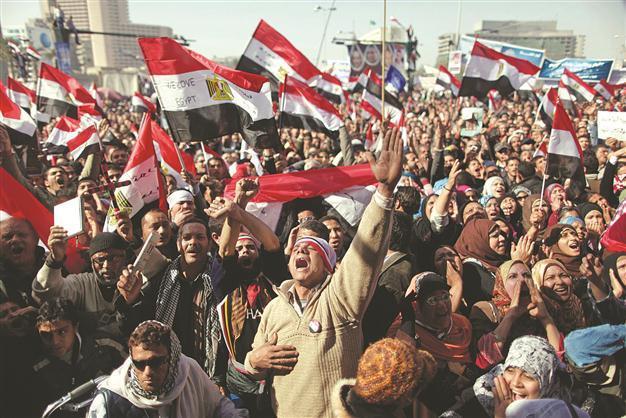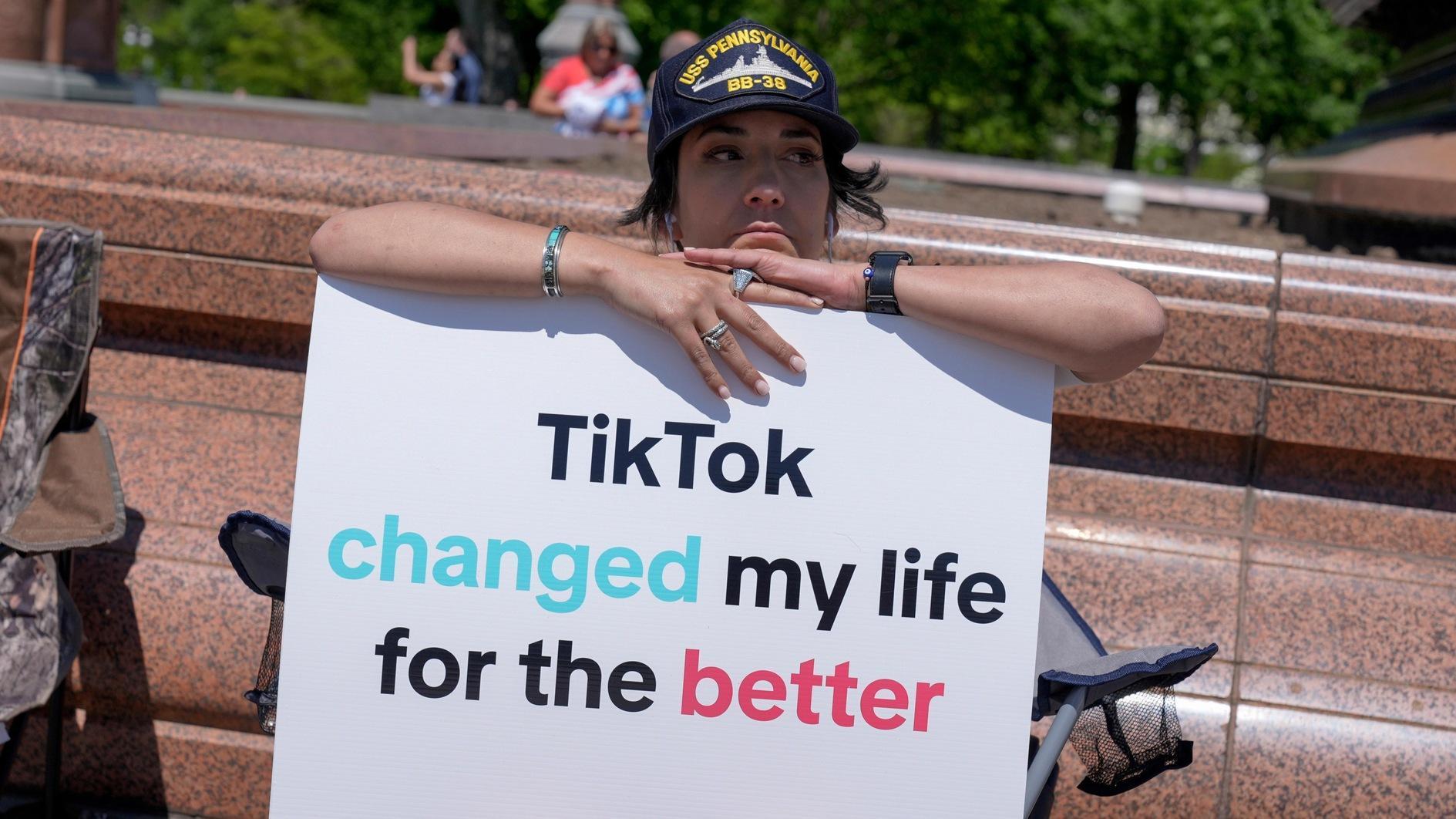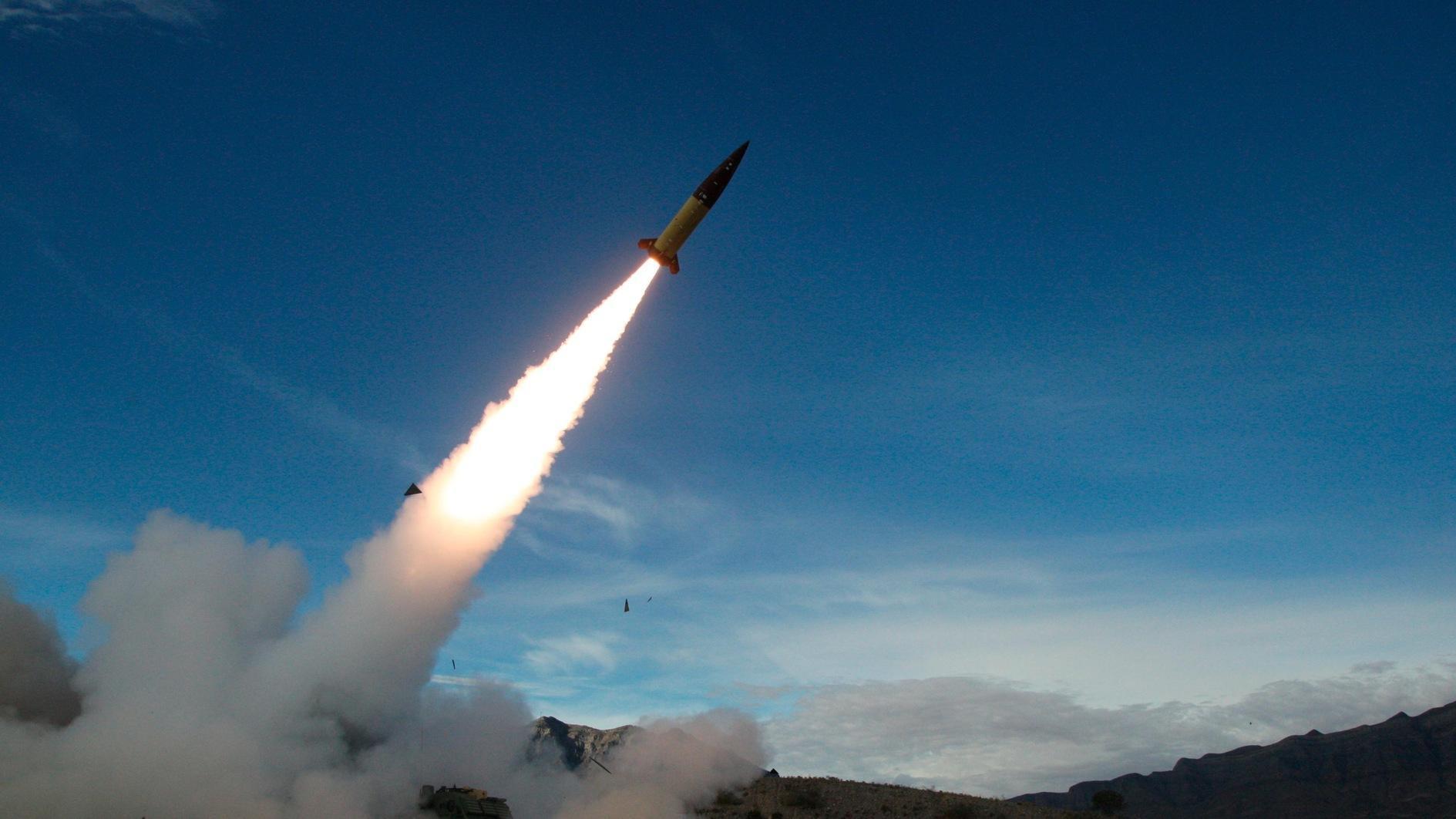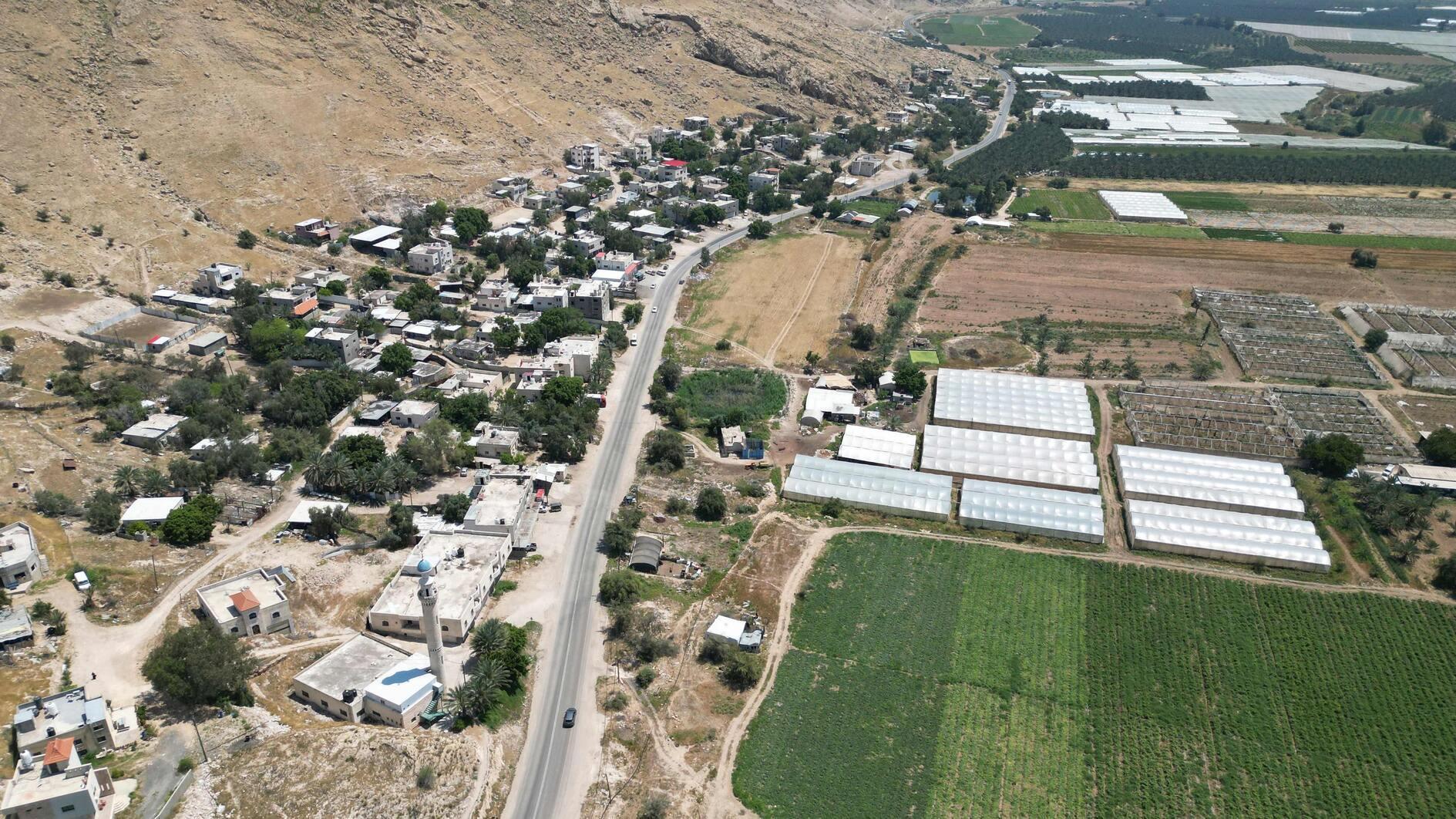Egyptians honor revolution
CAIRO

Tens of thousands of Egyptians converge yesterday on Tahrir Square to mark the first anniversary of the uprising that toppled Hosni Mubarak, with liberals and Islamists gathered on different sides of the square. AFP photo
Egyptians yesterday marked the first anniversary of the uprising that toppled Hosni Mubarak as the country’s ruling military council announced that a long-running state of emergency would be partially lifted.One year ago, inspired by an uprising in Tunisia, ordinary Egyptians took to the streets to call for democratic change and to demand the fall of the regime. One year later, the Supreme Council of the Armed Forces, which took power when Mubarak stepped down last February, declared Jan. 25 as “Revolution Day.” Eager to restore its image after accusations of rights abuses, the military has planned mass celebrations with a naval parade in the Mediterranean city of Alexandria, air shows in Cairo and fireworks displays across the country. The SCAF also issued commemorative coins for the occasion and was expected to honor public servants.
Liberals and Islamists gathered on different sides of Tahrir Square in a reflection of the deep political divides. The Muslim Brotherhood loyalists chanted religious songs and shouted, “Allahu Akbar,” or God is great. The group also has announced they will join the celebrations without calling for “a second revolution” or demanding the ouster of the junta. In contrast, liberals on the other side of the square chanted, “Down, down with military rule.”
Mubarak was expected to watch the anniversary events from his bed in a Cairo military hospital, where he is in custody accused of involvement in the killing of protesters during the uprising. Egypt also released around 3,000 prisoners on the orders of the country’s military ruler, Field Marshal Hussein Tantawi, to mark the one year anniversary.
End to state of emergency
A day before the mass celebrations, Tantawi announced the partial lifting of the country’s hated decades-old emergency law, in an apparent bid to placate protesters. “I have taken a decision to end the state of emergency in all parts of the country, except in fighting acts of thuggery, starting on the morning of Jan. 25, 2012,” Tantawi said. But activists claim the move was cosmetic, denouncing the use of the term “thuggery” as a way to maintain the police’s wide powers of arrest under the law.
Rights groups say at least 12,000 civilians have been tried before military tribunals since the military council took power. Many of them, they say, were charged with acts of “thuggery” when they were actually protesters. Protesters want Tantawi and the ruling generals to step down immediately and to stay out of the drafting of the country’s new constitution for fear they may insert military powers into the charter. The SCAF has vowed to cede power to civilian rule when a president is elected in June.
Compiled from AP and AFP stories by the Daily News staff.
















